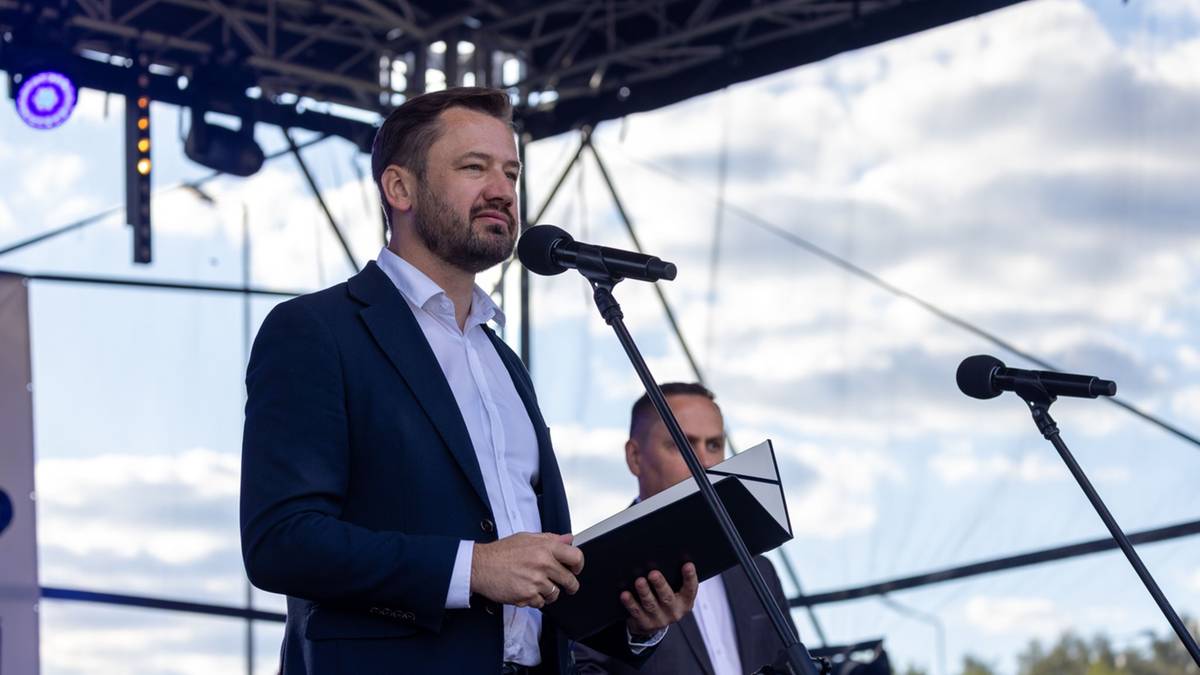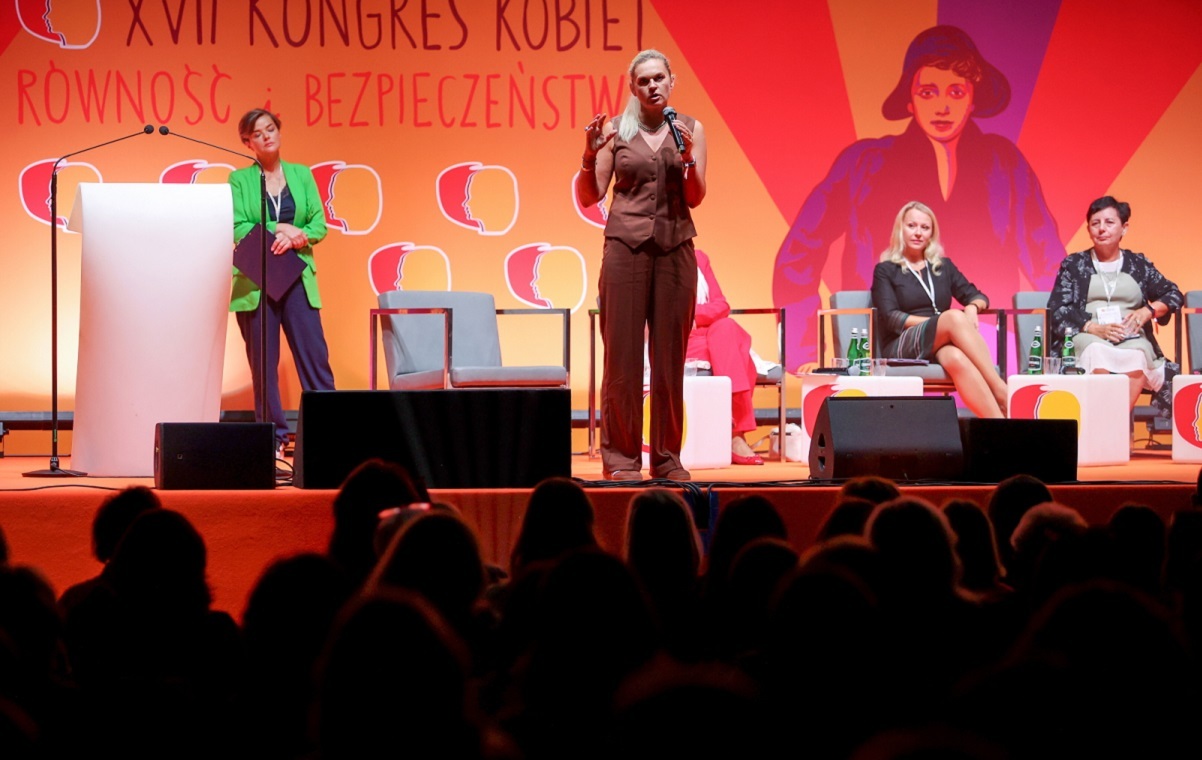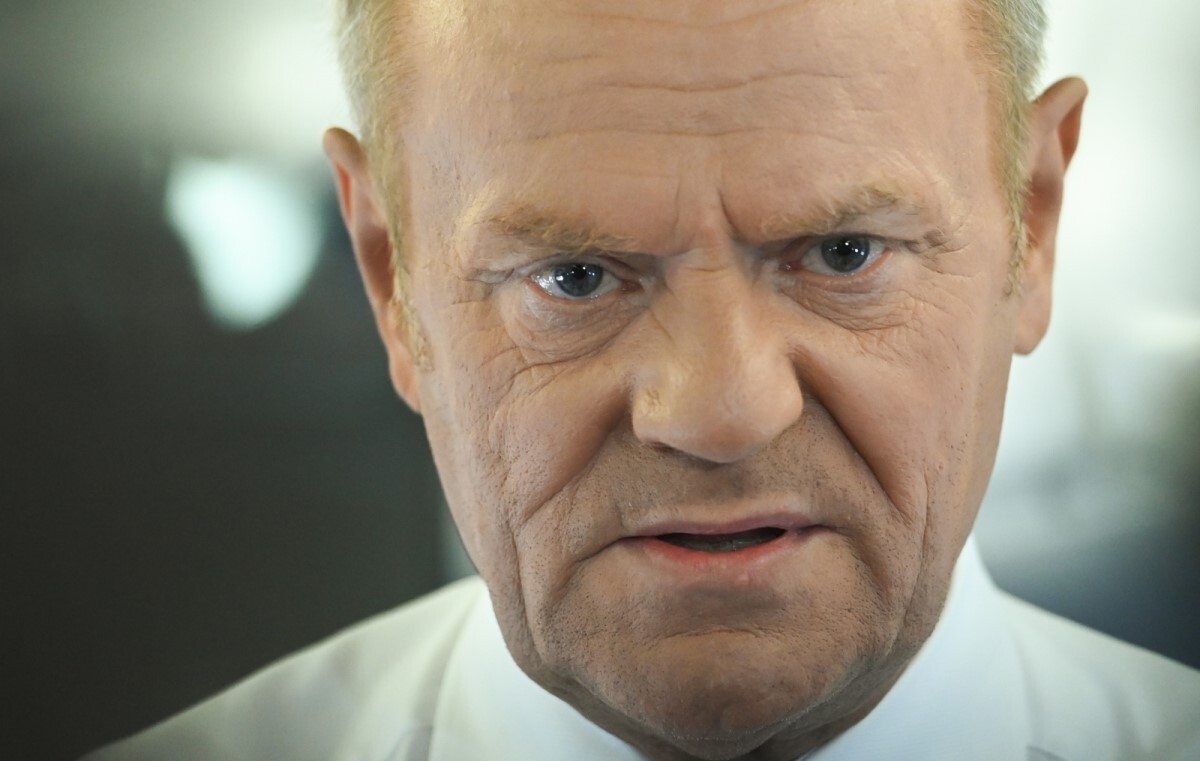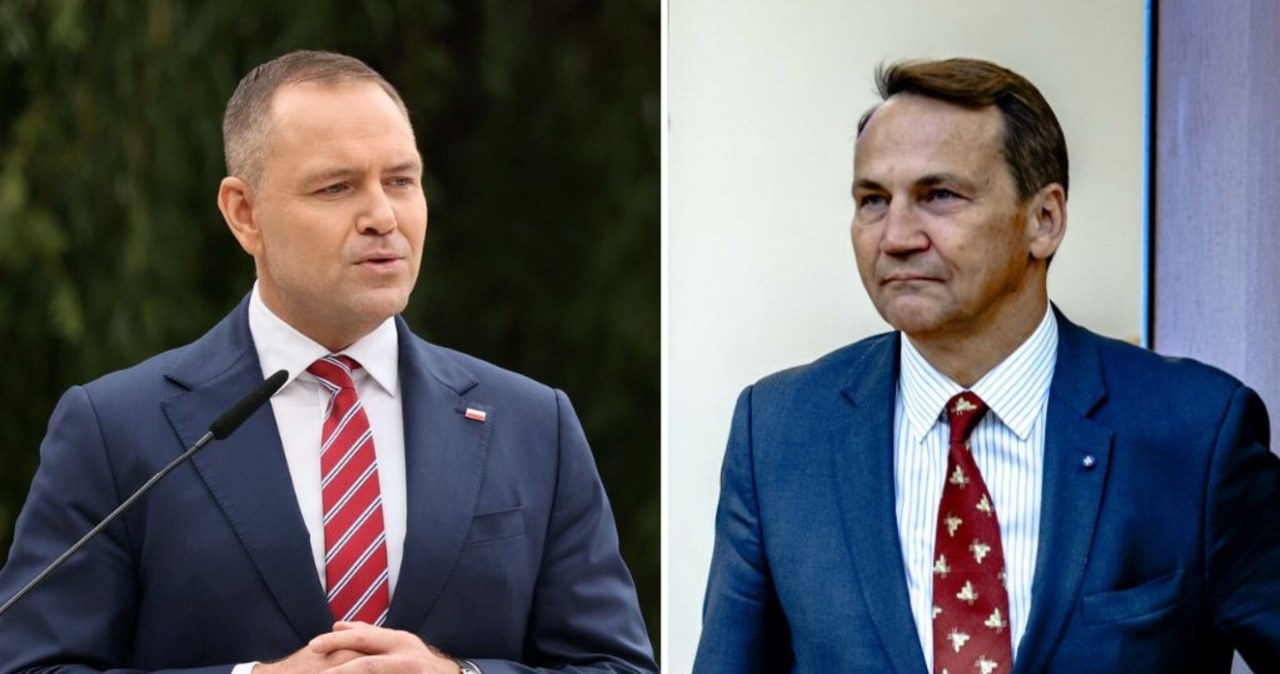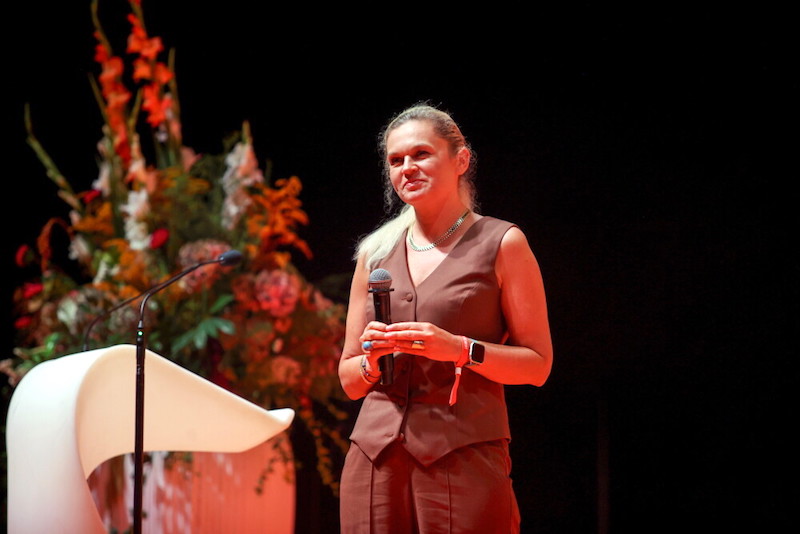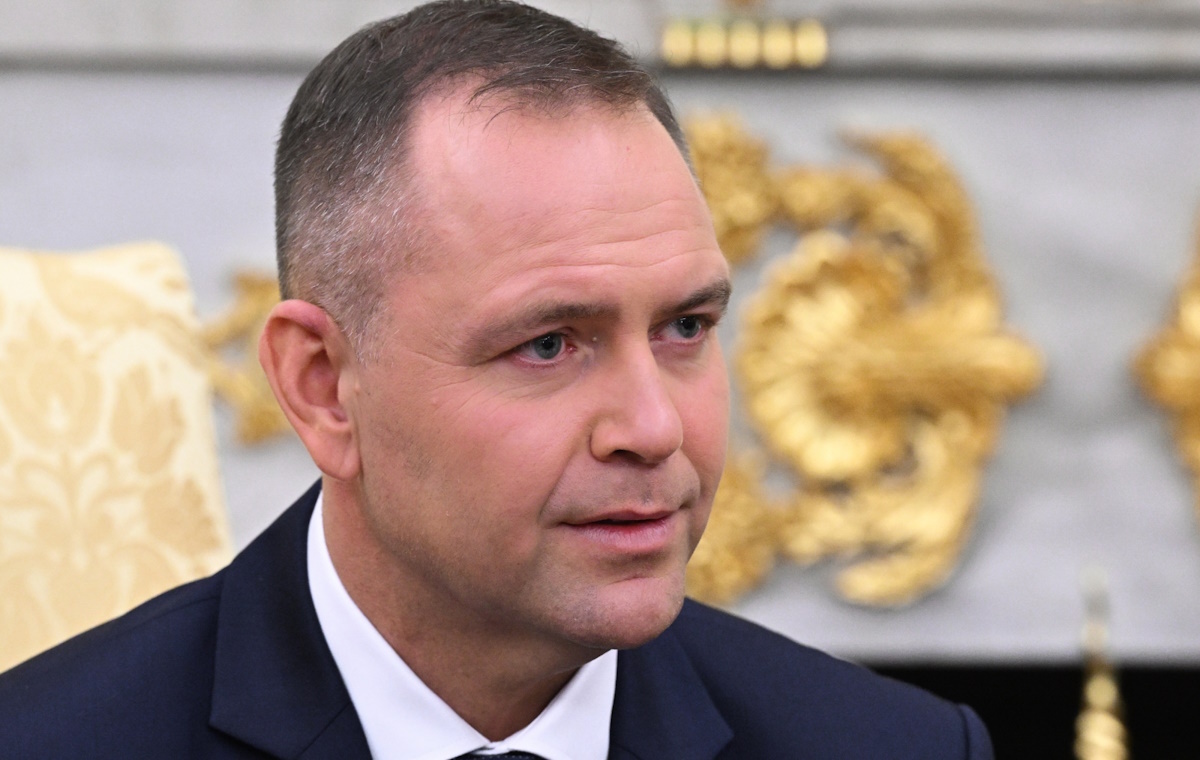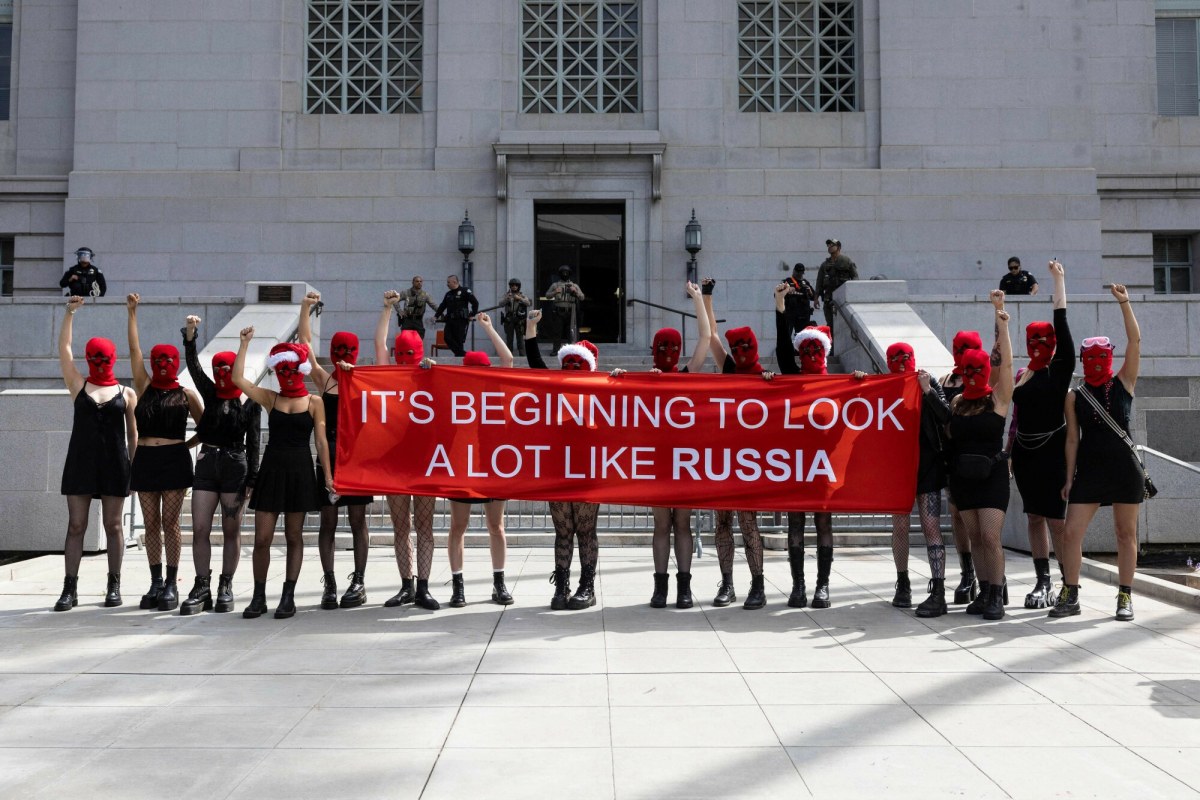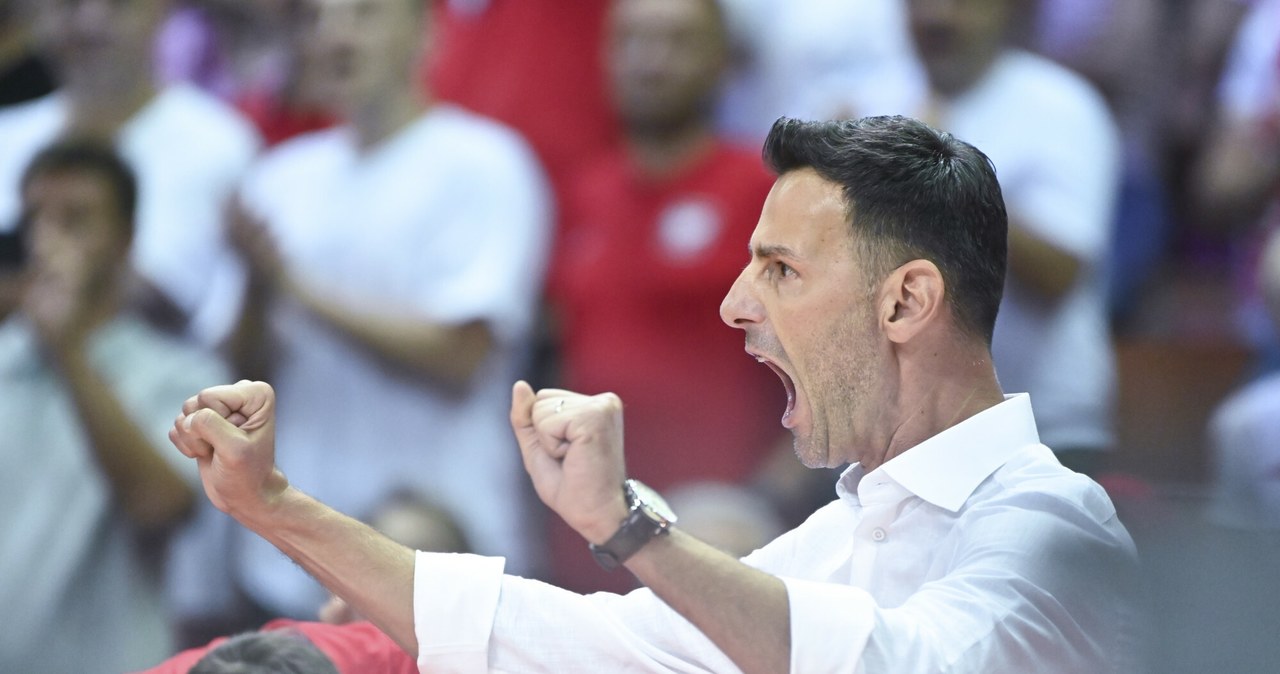In all measurement of the actual saying that there is no "free lunch" should not be interpreted simply as a brief presentation of the truth, that there is an inalienable rarity of goods in the world, and so for all the "free" goods must pay – voluntarily or involuntaryly – individual another than their direct beneficiary.
In fact, this message is of a much broader use, illustrating at least the fact that the various "positive externalities" associated with general economical improvement are not free benefits either. For example, if, as a consequence of economical development, higher education becomes a common good, it should not be considered as a free accession to any social elite. On the contrary, it should be assumed that the universal availability of higher education is inextricably linked to its devaluation (and sometimes even anti-valuation, as is the case with the alleged woke’ism), which means that the desire to separate oneself on the marketplace of competence requires additional, personally profiled efforts.
Similarly, universal access to the net should not be regarded as a free insight into the untapped origin of the "information capital". On the contrary, it should be kept in head that the easier it is for you to service “free informational lunches”, the more you request to put intellectual and organizational effort into separating the hard-to-reach full intellectual food from the daft empty calories and poisons.
In conclusion, it is never adequate to emphasize that there is nothing for free – neither at the level of individual goods nor at the level of wider socio-economic processes conducive to human productivity. In another words, recalling the classical of the classics, "to whom much is given, much will be required; and to whom much has been commissioned, the more they will request of it." Any gift that the recipient does not multiply with hard labour and does not pass forward with an excess will yet prove to be a curse to him. Thus, if anyone is inactive clinging to the frail imagination of the "earthly paradise of post-rare", he should be freed from it the sooner, the more he does not want to apply his hand to the existence of an earthly hell, in which there is, first of all, a severe rarity of the most precious possessions: reason, conscience, freedom, dignity and spiritual sobriety.
Jakub Bożydar Wiśniewski



